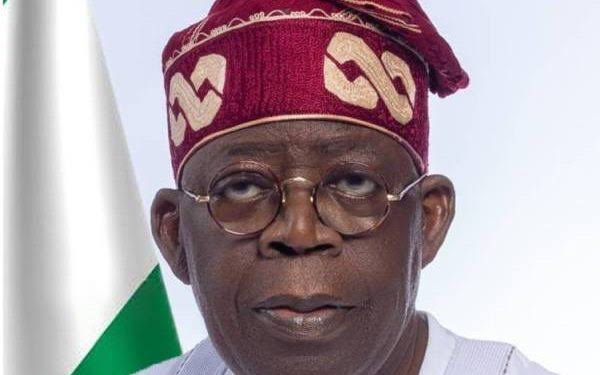
By Milcah Tanimu
As we reflect on the remarkable success of South Korea’s chaebol initiative, which propelled private investors into pivotal players within specific sectors, such as Samsung contributing 20% to their GDP, Nigeria stands at a juncture where it can replicate this achievement. This replication could occur through the transfer of management of key public assets, including petroleum refineries and essential utilities like electricity transmission lines, from the Federal Government to the private sector.
Nigeria possesses a framework, exemplified by the agency under the leadership of Engr. Simbi Wabote, which promotes local content in oil and gas exploration through support for modular refinery establishment. This successful model could be extended to various sectors of the economy, fostering a local content agenda. For instance, the National Assembly could enact legislation requiring government agencies to prioritize locally-made products for automobiles, substantially boosting the nation’s GNP and GDP, and stemming the capital flight plaguing the economy.
Addressing the pressing issue of foreign exchange pressure, a strategic move would be to decree that government and its agencies exclusively patronize locally assembled vehicles. By doing so, the nation could save billions of dollars spent annually on procuring foreign-made vehicles, which exacerbates capital flight.
Removing the obstacles that hindered the setup of modular refineries due to petrol price subsidies, the recent elimination of petrol subsidies by President Tinubu has laid the groundwork for substantial investments in crude oil refining. This shift could bring about a flurry of investments, benefiting the economy.
Analyzing the historical inefficiencies of government-operated refineries prior to the passage of the Petroleum Industry Act, it’s evident that private sector management is the optimal path. The organized labor leadership, however, continues to advocate for government-run refinery repairs, seemingly unaware of the economic drain this represents. Instead, a paradigm shift to private-public partnerships (PPPs) is the contemporary approach embraced worldwide.
To bridge the knowledge gap for labor leaders, training sessions focusing on modern public sector governance reforms should be facilitated. Institutions like the Nigerian Institute of Strategic Studies, Nigerian Industrial Training Fund, and Lagos Business School can equip them with the updated tools needed to navigate today’s economic landscape.
Drawing parallels from the transformation of the banking and telecommunications sectors, liberalization and privatization have proven to be catalysts for economic growth, generating employment and contributing significantly to GDP and GNP. The electricity sector’s potential hinges on comprehensive privatization, including transmission, as demonstrated by the recently enacted Electricity Act 2023.
In light of Nigeria’s economic potential, the opportunity to sell petroleum refineries presents itself as a path to emulate successful international models. By embracing a modern governance approach and fostering private-sector collaboration, the nation can unleash its true economic potential, aligning with the forward-looking vision of President Tinubu’s administration.
